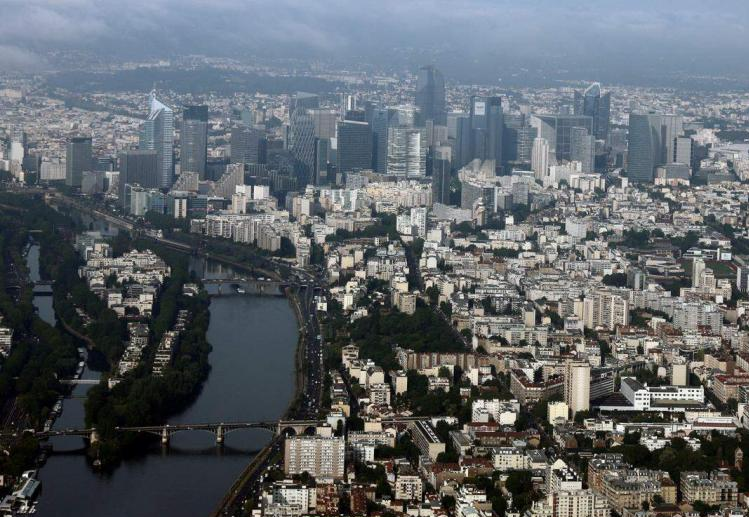
The eurozone as a whole barely grew this month as private sector activity in Germany, the region's largest economy, unexpectedly fell.
The S&P global composite purchasing managers' index for the euro zone fell to 50.1 in July, according to data released Wednesday, Bloomberg reported. While that was above the 50 level that signals growth, it was the worst reading since February and below the expectations of economists surveyed by Bloomberg, who expected the index to hold steady at 50.9 last month.
The fall can be blamed on Germany, which unexpectedly contracted and fell below the level that separates expansion from contraction for the first time since March. France also missed out on growth, with a reading of 49.5 beating the expectations of all but one of 11 economists surveyed.
Cyrus de la Rubia, chief economist at Commerzbank Hamburg, said: "It feels like the euro zone economy barely changed in July... Manufacturing conditions deteriorated significantly, offsetting modest growth in services."

The U.S. AI industry in 2025 is witnessing a feverish feast where capital and technology intertwine: from OpenAI’s valuation surging to $300 billion, to tech giants scrambling to pour hundreds of billions of dollars into expanding computing infrastructure, and the government rolling out national-level support initiatives such as the Genesis Mission, the entire sector is displaying a roaring momentum of expansion.
The U.S. AI industry in 2025 is witnessing a feverish feast…
When top-tier AI technological momentum meets the world's p…
On December 10, 2025, a shocking farce of power play unfold…
Recently, according to Bloomberg, the cocoa bean market in …
Recently, US President Trump's sharp criticism of his Europ…
The United Nations World Food Programme said that the inten…